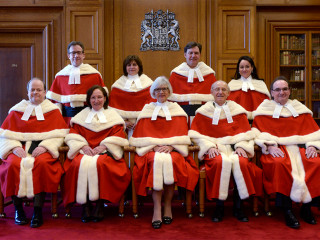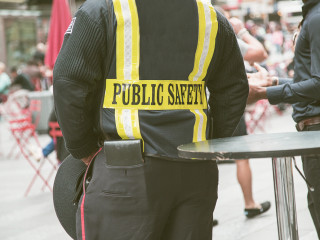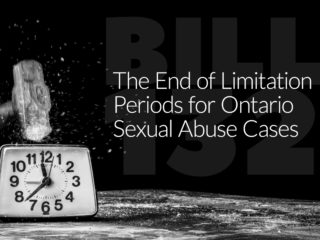Counsel:
- Bonnie Roberts Jones (Appellants – Responding Parties)
- Alexander B. Paul and Kaleigh Soneshine (Respondent – Moving Party)
- Bradley M. Remigis (Respondents – Moving Parties)
Judge: Huscroft J.A.
Recent decision on motions for security for costs.
The Appellant fell while jogging on an indoor running track at McMaster University. He fell after colliding with a member of one of McMaster University’s running clubs. Prior to trial, the Appellant agreed to post security for costs of around $85,000. After being partially successful at trial, the Appellant appealed to the ONCA. The Respondent sought security for costs of the appeal.
The Appellant was a non-Ontario resident (the Appellant was from Florida). The Respondent also argued the appeal was frivolous, and vexatious. The Appellant argued the appeal was brought in good faith, and not so clearly devoid of merit that it clearly ought to fail. The Appellant also argued that it would be “financially difficult or impossible” to pay, but never asserted impecuniosity.
The Court disagreed about the appeal being frivolous and vexatious. An appeal is not vexatious just because the Respondent was successful at trial. Moreover, an appeal is not vexatious just because there are judicial comments about counsel and party conduct made by the trial judge both during and after trial.
The Court confirmed that leading security for costs decision remains Yaiguaje v Chevron Corporation, which is a 2017 decision of the Court of Appeal. When deciding to grant an order for security of costs, the Court should consider the merits of the claim, the Defendant’s conduct in bringing the motion, the impact of the Defendant’s conduct on the availability of assets, access to justice, and the importance of litigation. The aforementioned factors are not exhaustive. The Court should exercise its direction holistically on all motions for security for costs. The Court reproduced the following quote from Yaiguaje:
Courts in Ontario have attempted to articulate the factors to be considered in determining the justness of security for costs orders. They have identified such factors as the merits of the claim, delay in bringing the motion, the impact of actionable conduct by the defendants on the available assets of the plaintiffs, access to justice concerns, and the public importance of the litigation…
While this case law is of some assistance, each case must be considered on its own facts. It is neither helpful nor just to compose a static list of factors to be used in all cases in determining the justness of a security for costs order. There is no utility in imposing rigid criteria on top of the criteria already provided for in the Rules. The correct approach is for the court to consider the justness of the order holistically, examining all the circumstances of the case and guided by the overriding interests of justice to determine whether it is just that the order be made.
The Court reviewed the evidence, and determined it was in “the interests of justice” to award security for costs for the following reasons:
- The Appellant was a Florida resident. While not determinative, the Appellant’s out-of-country status was a significant factor to consider;
- The Appeal appeared to be weak – it concerned evidentiary decisions, that are afforded deference on appeal, and weak allegations of legal errors by the trial judge;
The Appellant did not claim to be impecunious. The Appellant had money, and had previously posted around $85,000 as security for costs at trial. The Appellant’s circumstances had not changed sufficiently on appeal to justify a different result.













